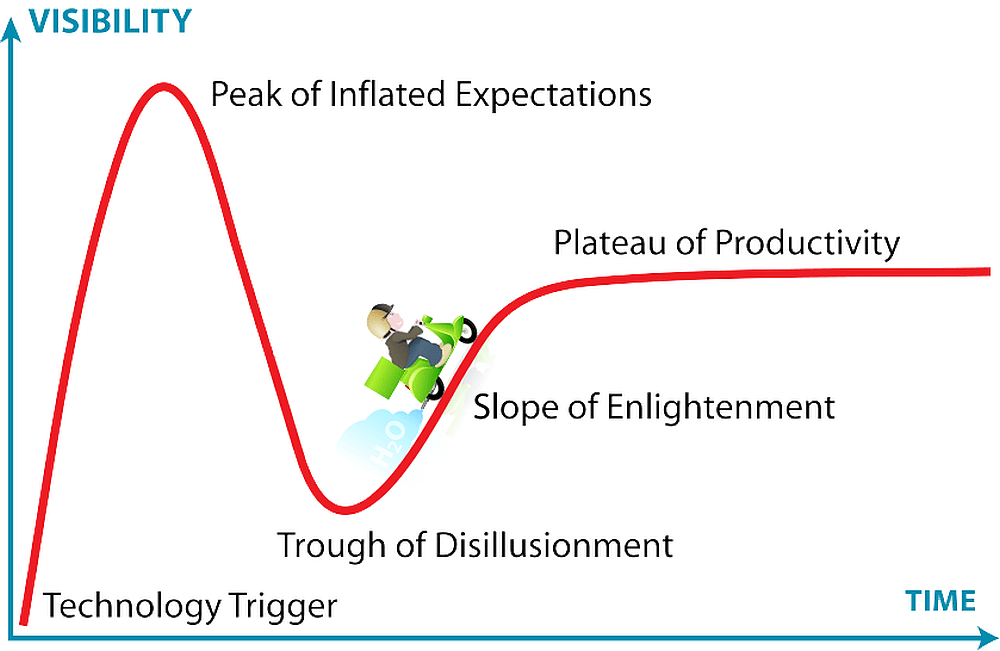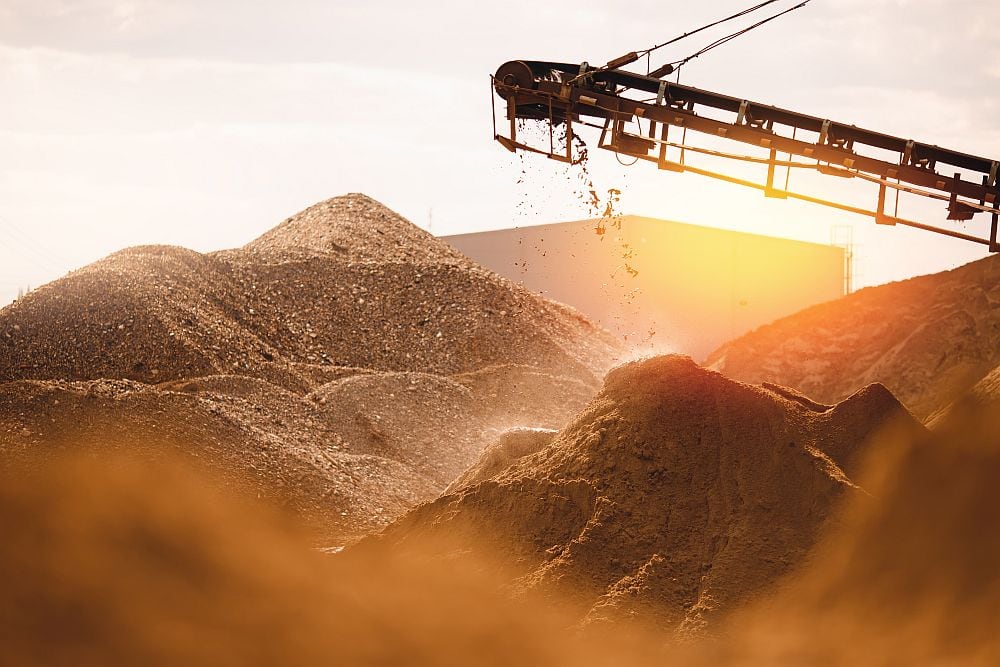The Department of Energy just announced that it has $70 million to spend on proposals for technology advancements that can accelerate geothermal energy development. The new monies come will be available through a new competitive funding initiative that falls under its Geothermal Technologies Program. The new funding would be spread out over three years.
In a news release, DOE says it hopes the effort will “reduce the upfront cost of geothermal energy systems, expand their use and enable the United States to tap the huge potential of this renewable energy resource.”
Although no specific cost-reduction targets are mentioned, DOE does say that its ultimate goal is to have geothermal systems make “economically competitive” contributions to the U.S. energy supply. The agency highlights a U.S. Geological Survey report that new geothermal resources could add up to 30 gigawatts of renewable energy to the U.S. and adds that “enhanced geothermal systems — through the development of engineered reservoirs and other methods — have the potential for an even greater impact.” Elsewhere, DOE mentions that “enhanced” geothermal systems may up that number to 100 gigawatts
In the release, DOE Secretary Steven Chu says, “The United States remains a global leader in geothermal energy development, and we can leverage our experience to develop more energy here at home while increasing our competitiveness in the global clean energy economy.”
DOE specifically mentions that it wants research proposals in six technical areas:
- Advanced Exploratory Drilling: To reduce the cost of exploratory drilling through advanced drilling bits, innovative and temperature hardened rock reduction technologies and casing-while-drilling systems.
- Advanced Well Completion: To reduce cost of completing geothermal wells through novel hole openers, effective measurement and/or logging while drilling, leaner casing designs and pressure and corrosion-resistant casing.
- Tools to Isolate Fracture Zones within a Well: To control the injection and production of water in geothermal systems by developing packers, tubular materials, valves, and/or non-mechanical diverters, etc. that are drillable, retrievable, or degradable and capable of operating with under specific pressures, wellbore diameters and temperatures.
- Observation Tools and Data Collection System for Reservoir Stimulation: To monitor and optimize reservoir creation through new observation tools, including individual components for high precision seismic monitoring, fluid flow, downhole pressure measurement and other monitoring devices to support reservoir stimulation activities; and innovative data collection systems and/or techniques combined with advanced technology to provide superior monitoring capabilities for low-amplitude events associated with geothermal exploration, development and operational activities.
- Geophysical Exploration Technologies: To develop remote sensing and to improve data processing and advanced seismic surveying technologies to better locate hidden resources.
- Geochemistry and Rock-Fluid Interactions: To enhance characterization of geothermal resources and predicting reservoir temperatures via improved geothermometers and geochemical tools to assist in discovering blind systems, fluid-rock interaction research to improve reservoir creation and reservoir sustainability, improved nderstanding of permeability using chemical signatures and improved rocessing of different geochemical signatures.
In particular, the agency says it is looking for partnerships among industry, national laboratories and academia.
Details about the technical areas, eligibility requirements and application instructions can be found here.
CTT Categories
- Energy
- Market Insights
Related Posts
Hype cycles: The uphill climb for hydrogen bikes
June 26, 2025


